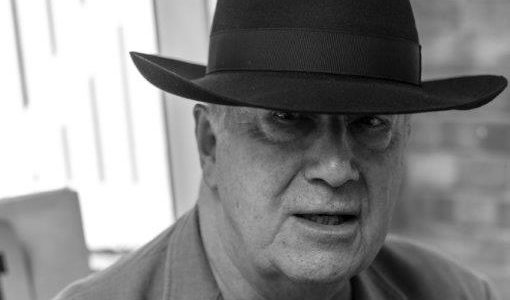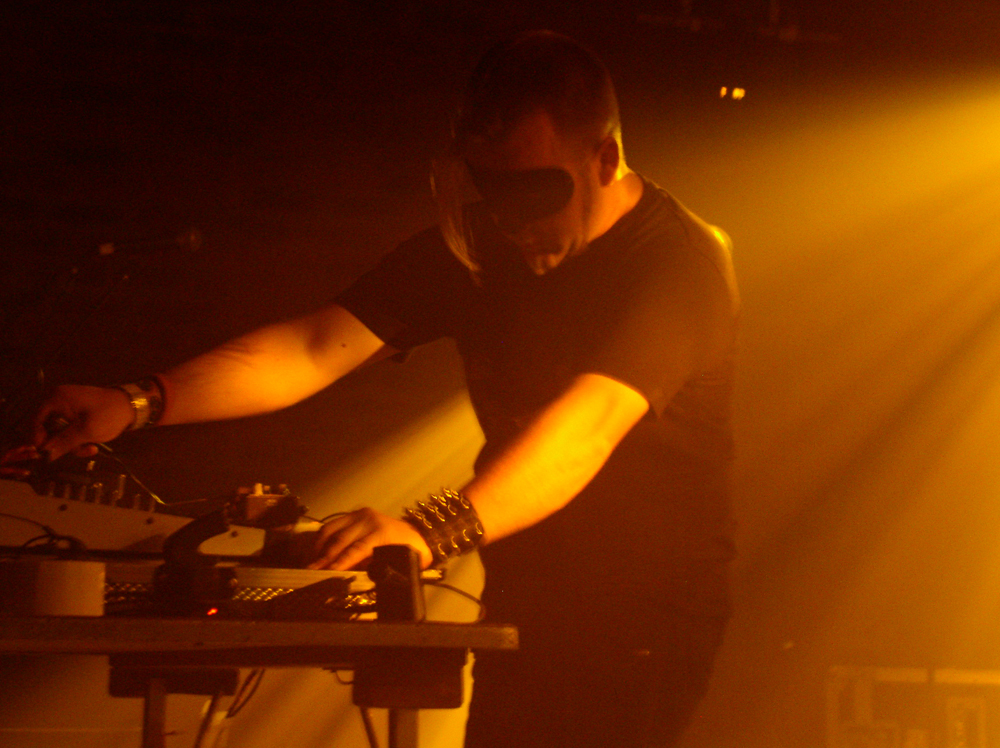
John Tilbury
John Tilbury
What does it mean to listen with the mind as well as the ears? A solo performance from the great avant-garde pianist.
Arika have been creating events since 2001. The Archive is space to share the documentation of our work, over 600 events from the past 20 years. Browse the archive by event, artists and collections, explore using theme pairs, or use the index for a comprehensive overview.

What does it mean to listen with the mind as well as the ears? A solo performance from the great avant-garde pianist.

Ecstatic, intensely joyous experimental club music: like “the sound of our water ceremonies…40 bands playing their melodies at once to recreate the cacophony of the first aurora and the call of the morning star Venus”.

Haino exceeds expectation with a 4 hour solo performance on a collection of more than forty instruments from all over the world.

Fernando thinks that when maths is deep, it should be simple and able to be explained by hand gestures. By embodying ideas, we’re able to more clearly think about their cultural implications.

Julius Eastman’s Evil Nigger for 4 pianos performed by Joe Kubera, Kate Thompson, David Murray, Alan Fearon and Simon Passmore.

A solo improvisation using just the situation of the concert: a space, a PA, Mattin’s own thoughts, you, the audience.

Criminal Queers visualises a radical trans/queer struggle against the prison industrial complex, working to abolish the multiple ways our hearts, genders, and desires are confined.

60 cycle hums, jagged static cracklings, and clipped electron pinpricks, mutating them into sublime, post-techno grooves

A loud, buzzing stew of electrical light as noise and convulsive electric guitar squall.

This set continues on from the Bud Neill inspired clatter using the contents of the Usurper twin’s pockets.

In rethinking the body, the law, the state, gender, race, violence, care and empathy, how we might give humanness a different future?

Blissed-out sun-dappled drone ragas of the highest order, with a metal-tinged signature sound of plucked and bowed strings.